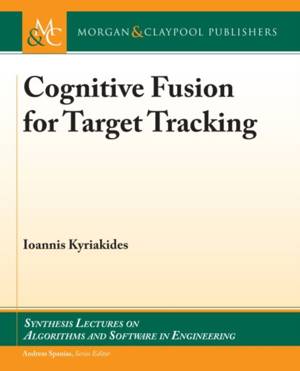
- Retrait gratuit dans votre magasin Club
- 7.000.000 titres dans notre catalogue
- Payer en toute sécurité
- Toujours un magasin près de chez vous
- Retrait gratuit dans votre magasin Club
- 7.000.0000 titres dans notre catalogue
- Payer en toute sécurité
- Toujours un magasin près de chez vous
Description
The adaptive configuration of nodes in a sensor network has the potential to improve sequential estimation performance by intelligently allocating limited sensor network resources.
In addition, the use of heterogeneous sensing nodes provides a diversity of information that also enhances estimation performance. This work reviews cognitive systems and presents a cognitive fusion framework for sequential state estimation using adaptive configuration of heterogeneous sensing nodes and heterogeneous data fusion. This work also provides an application of cognitive fusion to the sequential estimation problem of target tracking using foveal and radar sensors.
Spécifications
Parties prenantes
- Auteur(s) :
- Editeur:
Contenu
- Nombre de pages :
- 65
- Langue:
- Anglais
- Collection :
Caractéristiques
- EAN:
- 9781681736679
- Date de parution :
- 12-09-19
- Format:
- Livre relié
- Format numérique:
- Genaaid
- Dimensions :
- 190 mm x 235 mm
- Poids :
- 335 g

Les avis
Nous publions uniquement les avis qui respectent les conditions requises. Consultez nos conditions pour les avis.






